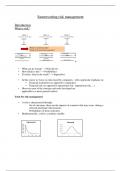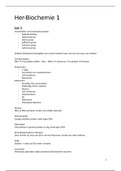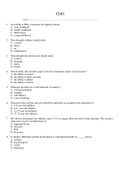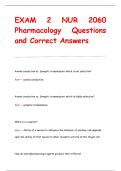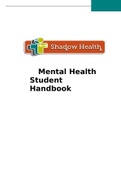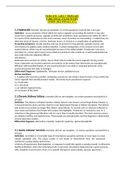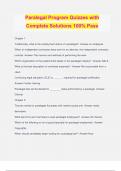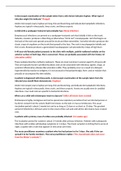Summary
Summary Complete Revision Set - Quotes, Summaries, Context and Critics
A complete revision set I used for my final A-level exams to achieve 57/60 This document includes: - summaries of each Rossetti poem and key quotes for each - key and chronological quotes of Ibsen's A Doll's house - context of reception - context of production (in-depth w/ laws of time) ...
[Show more]





